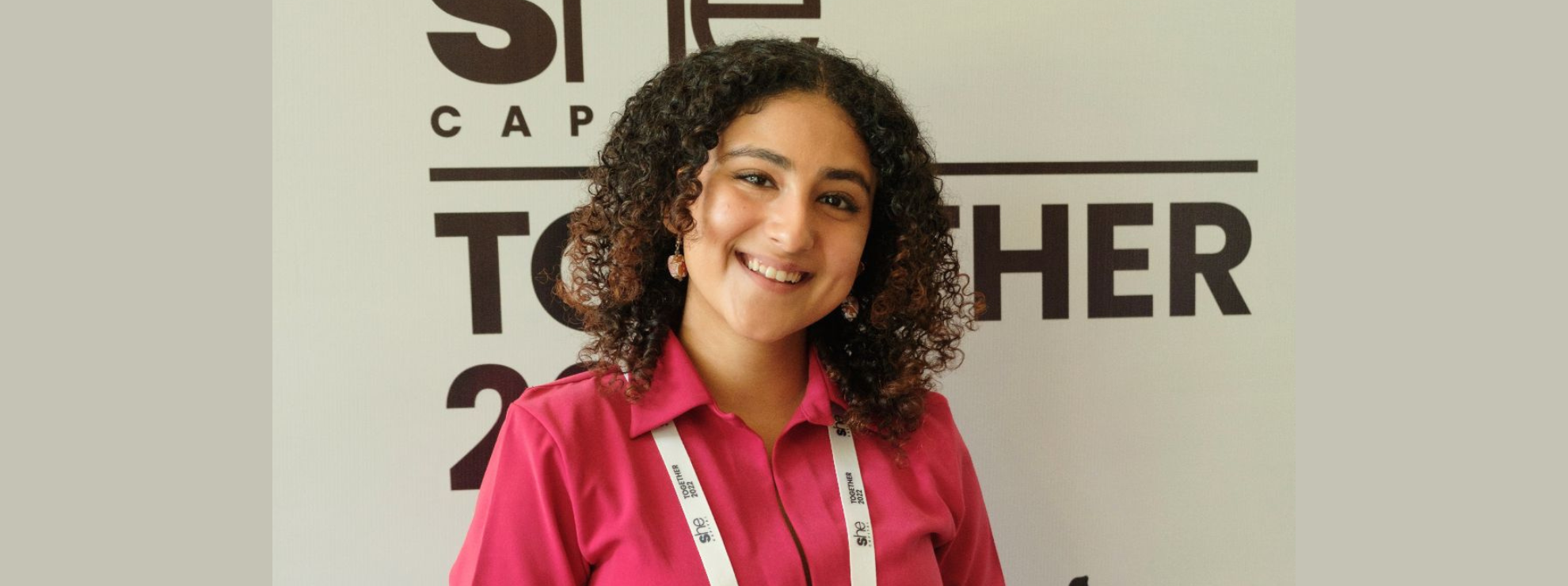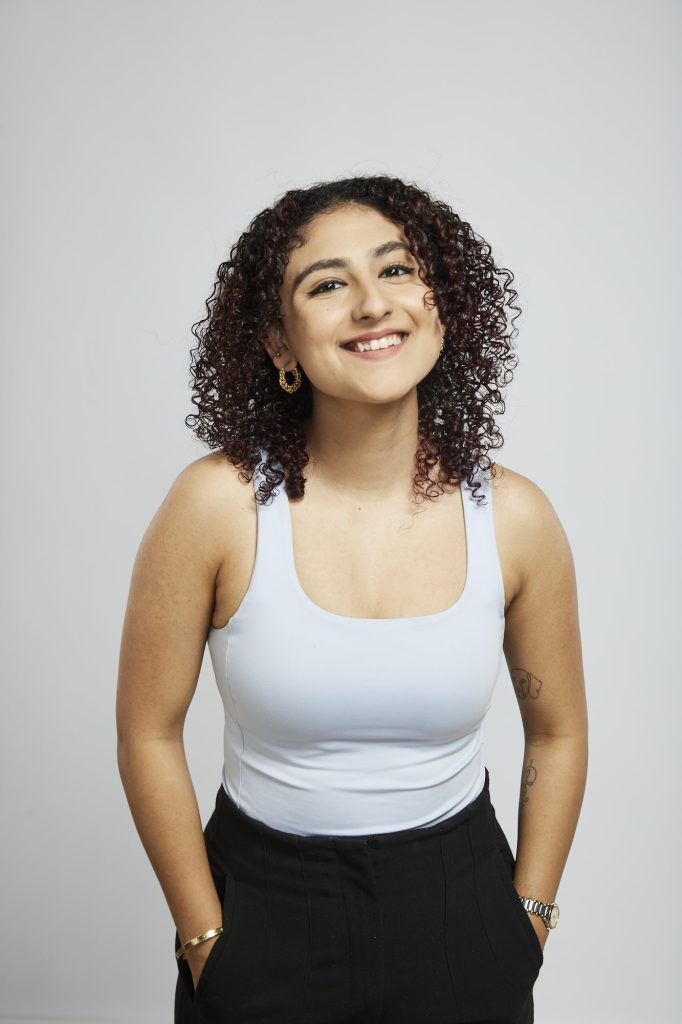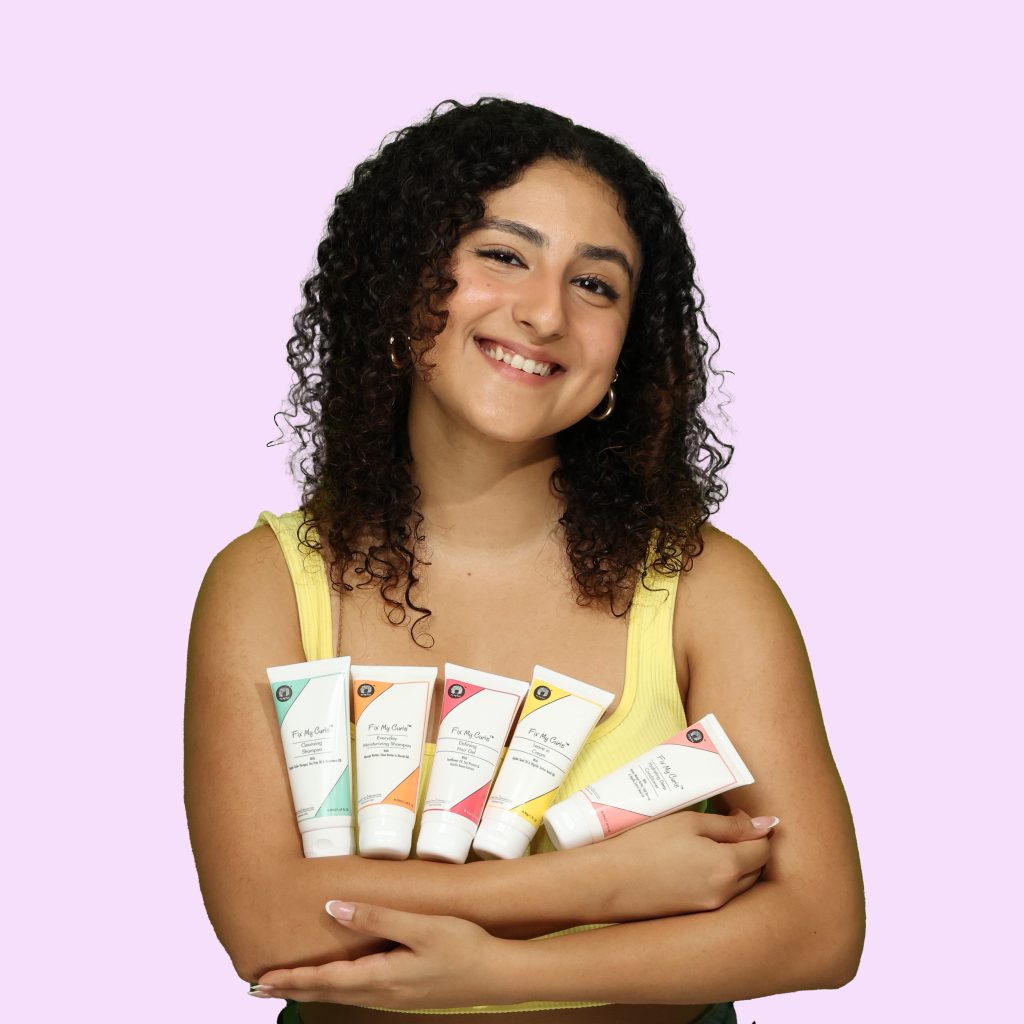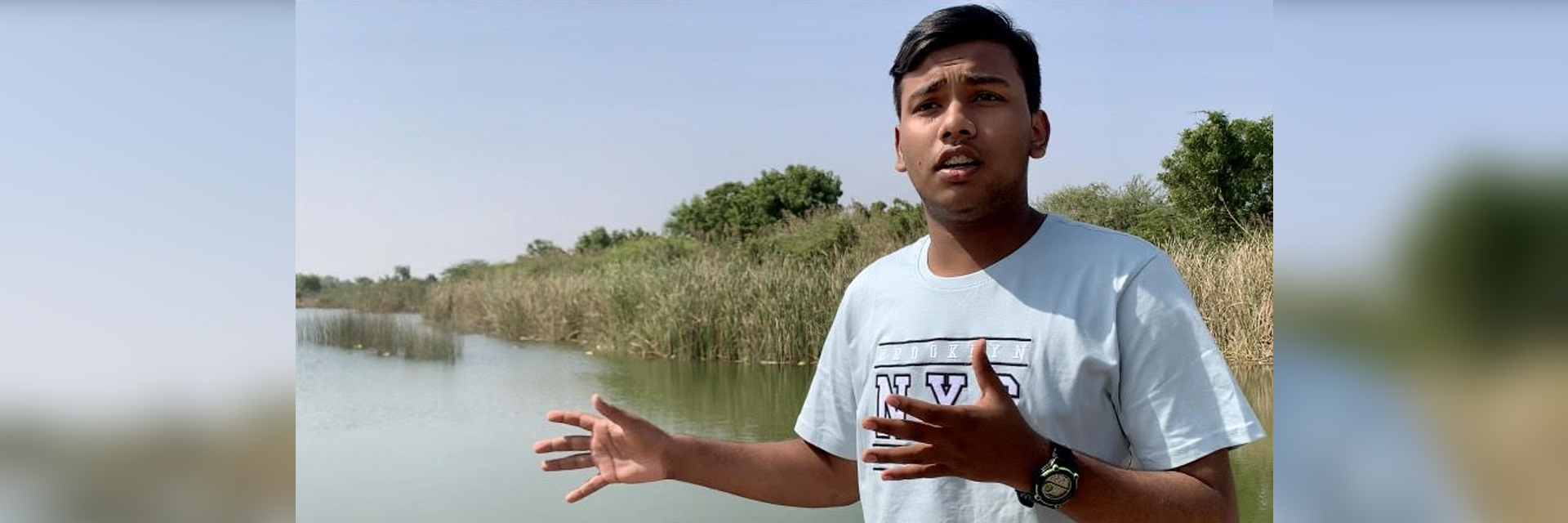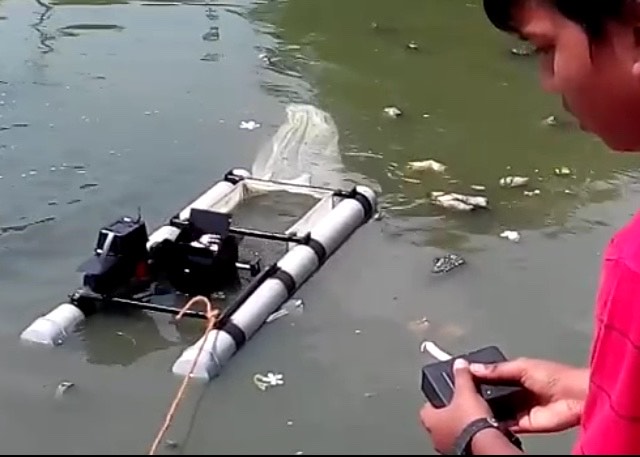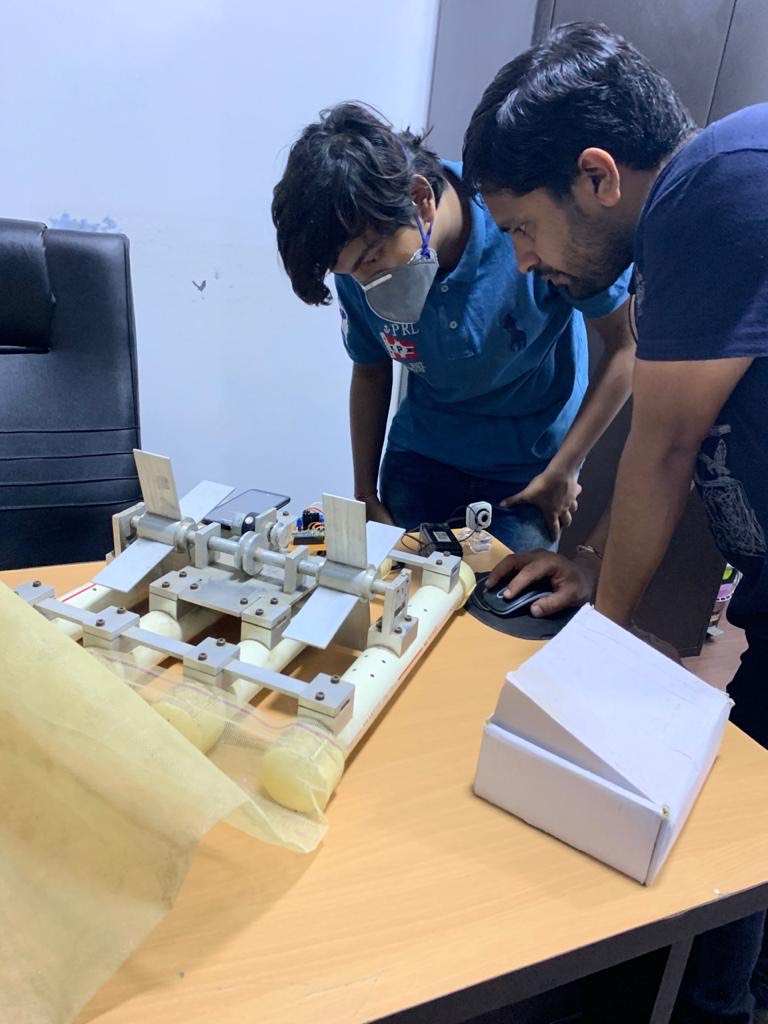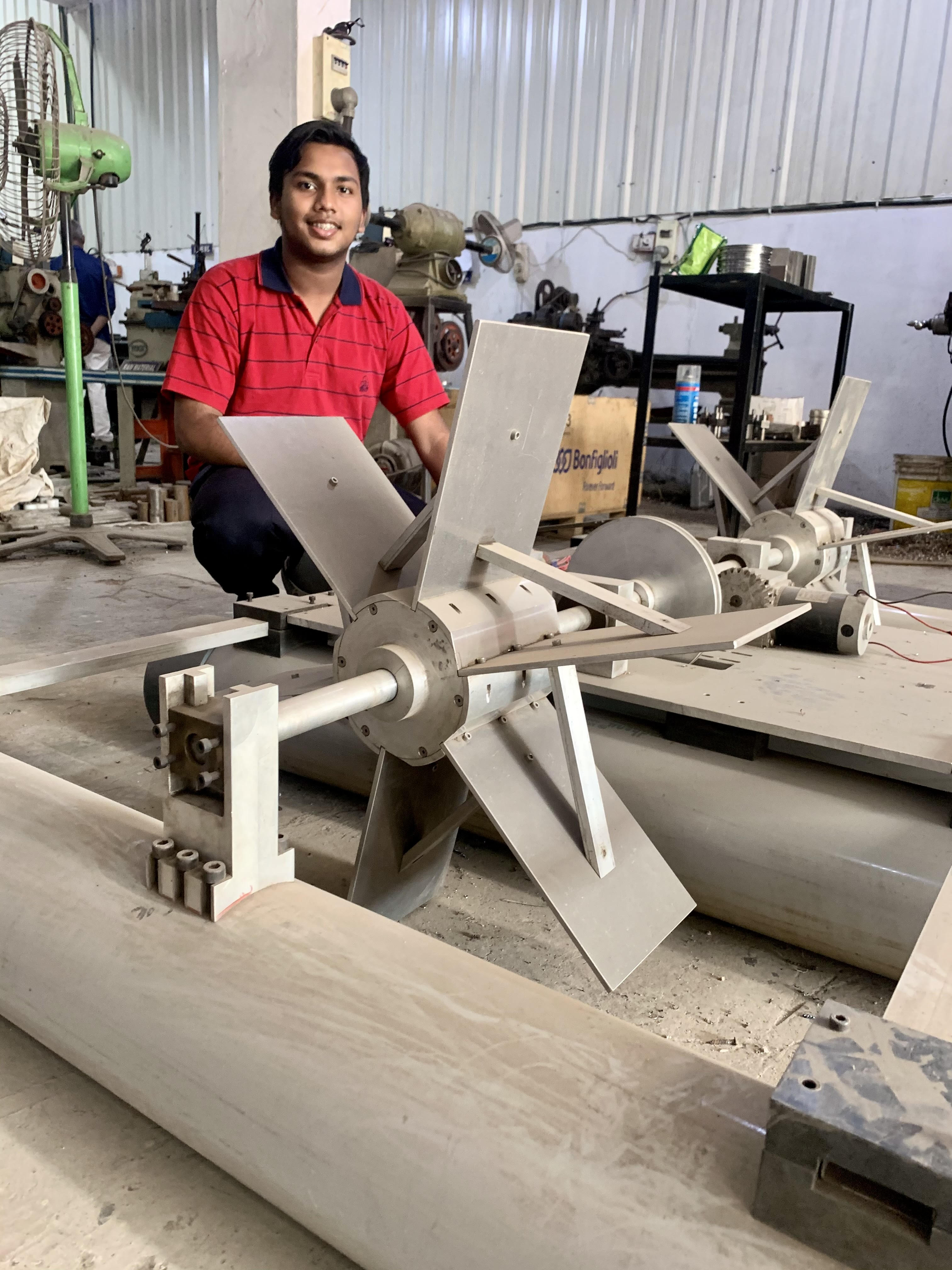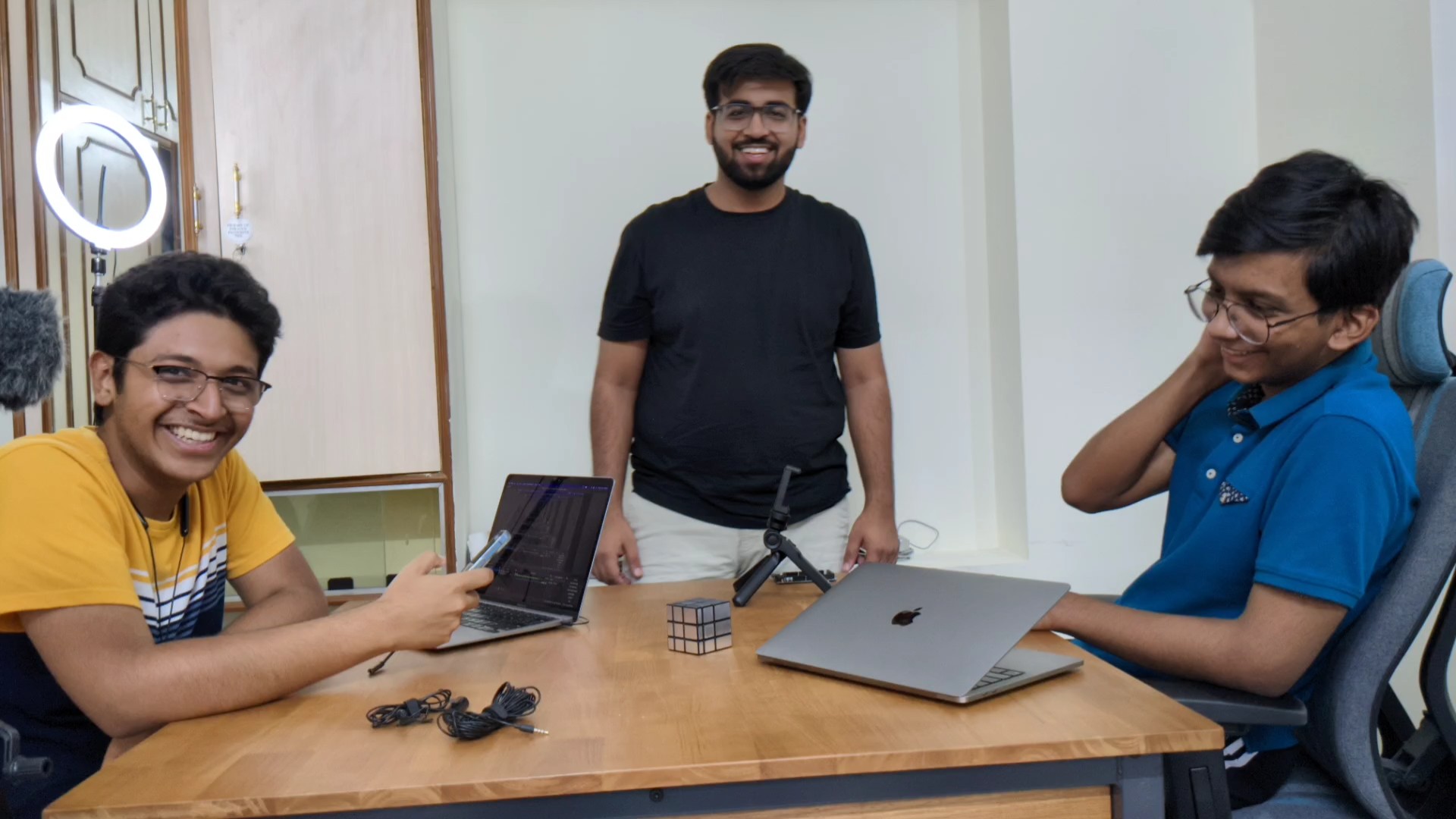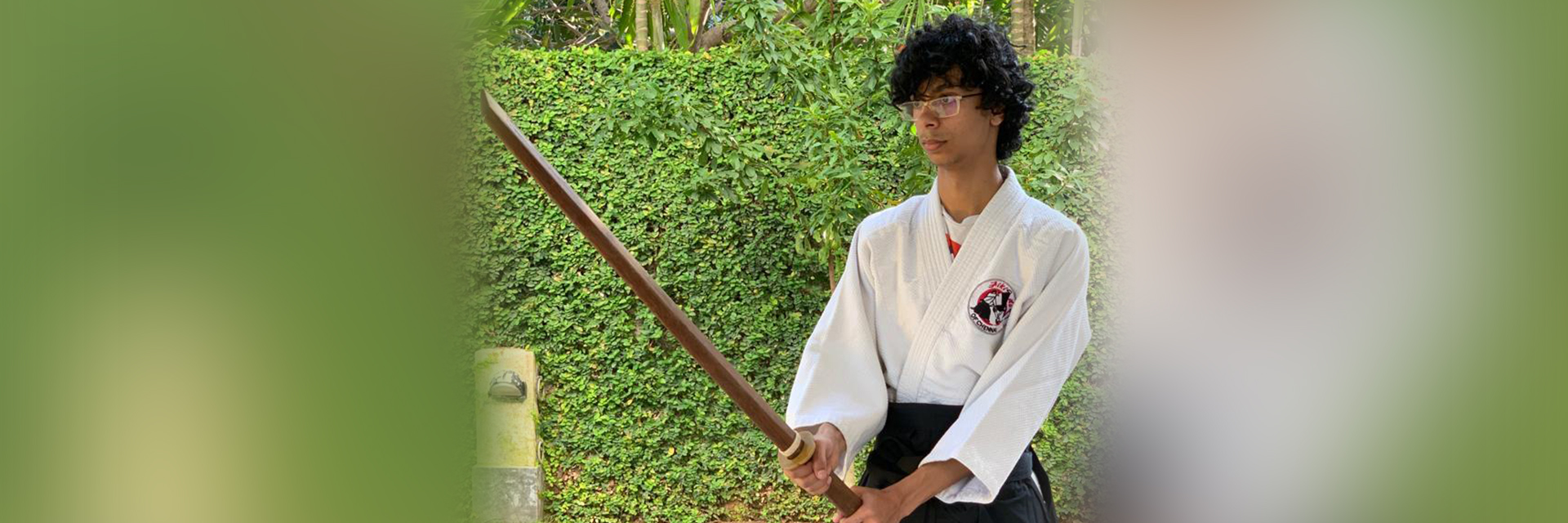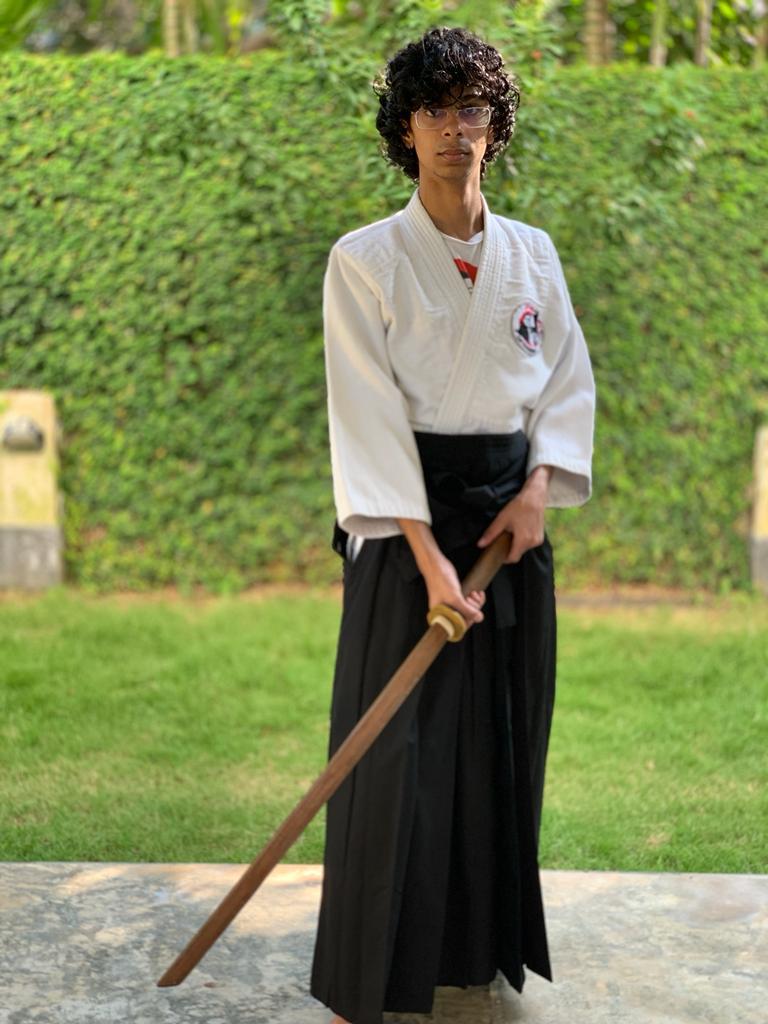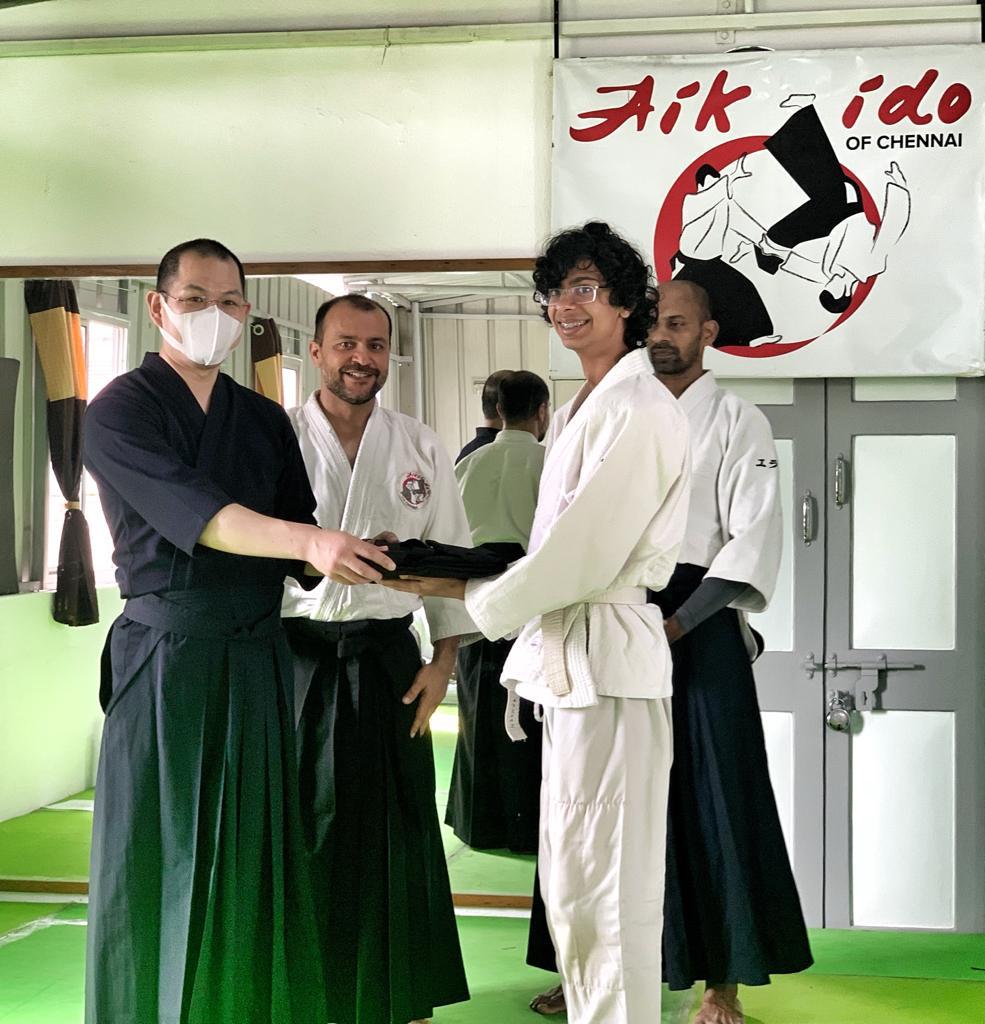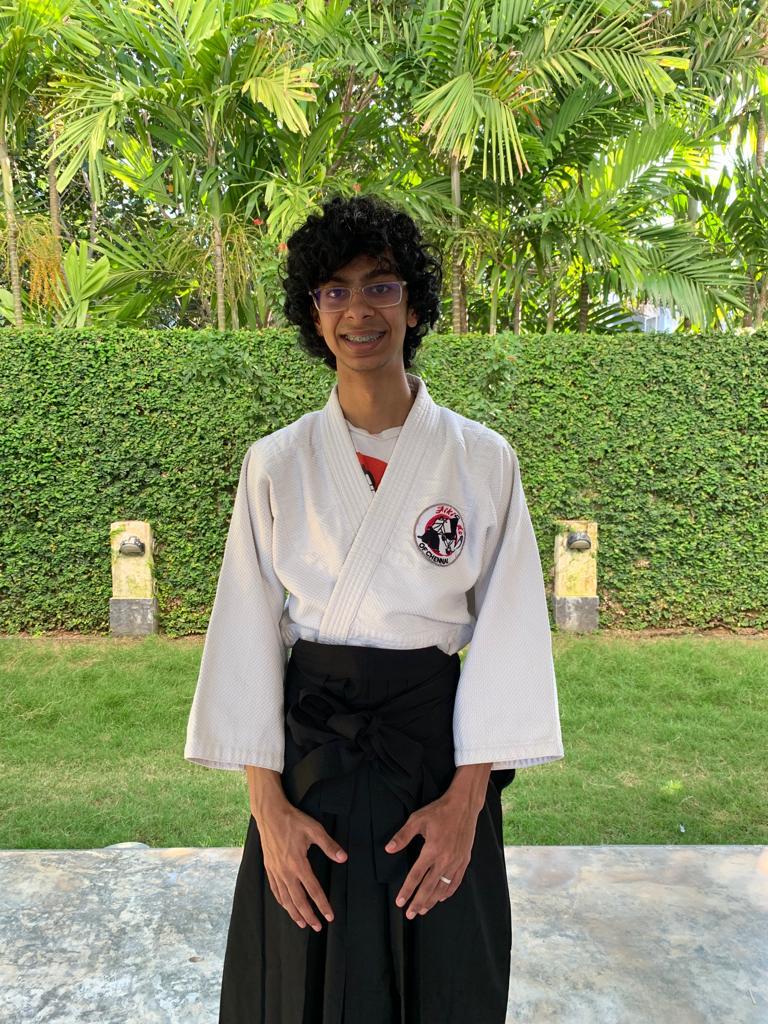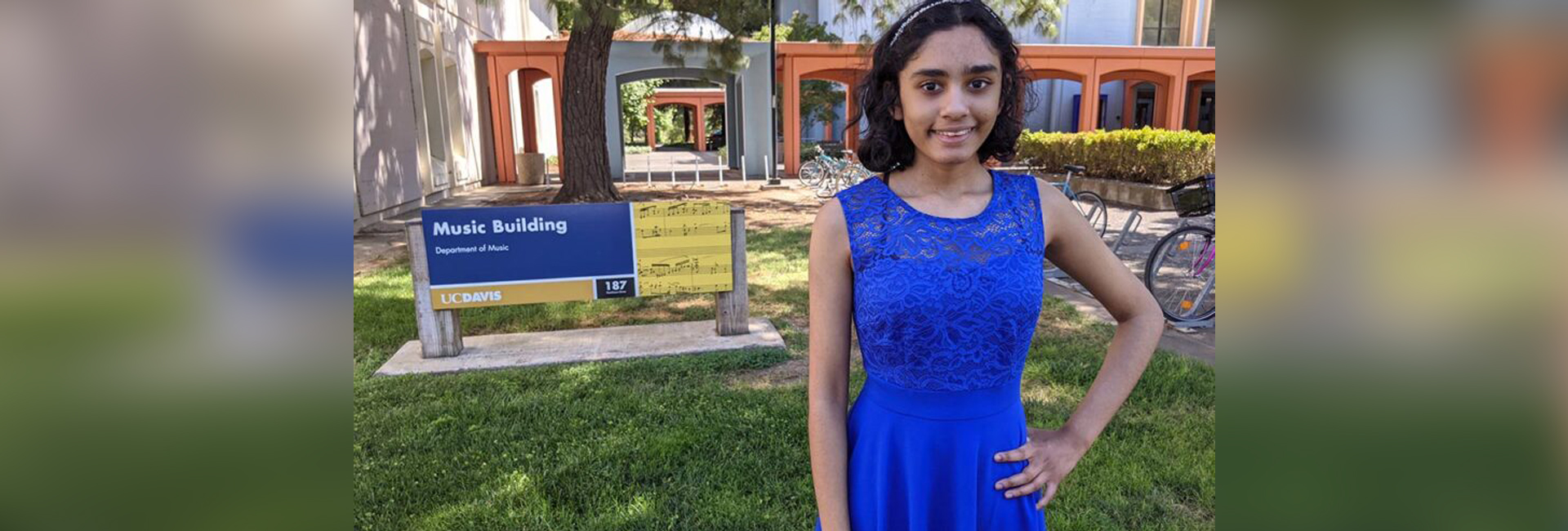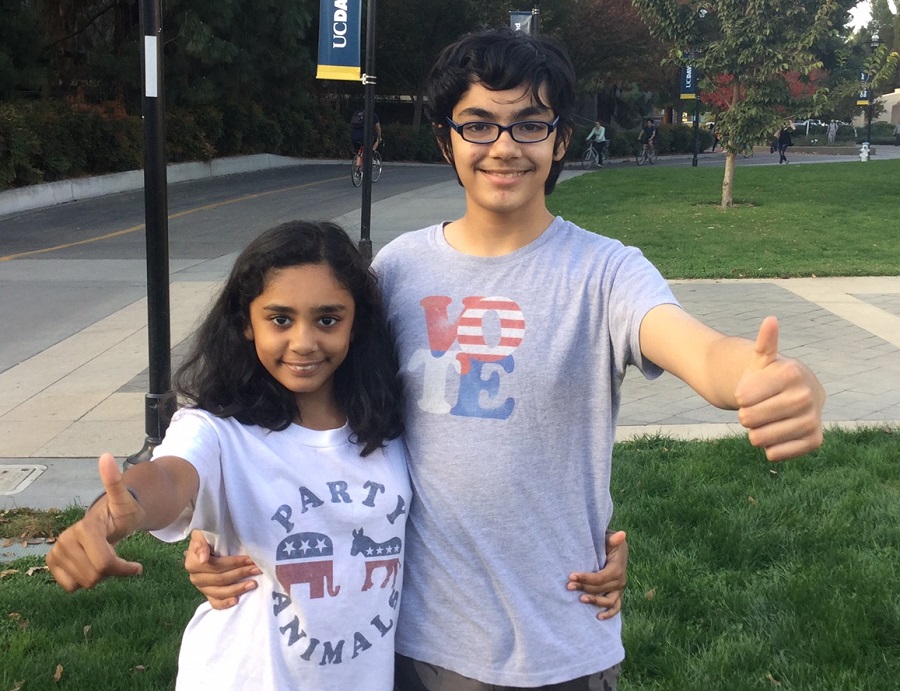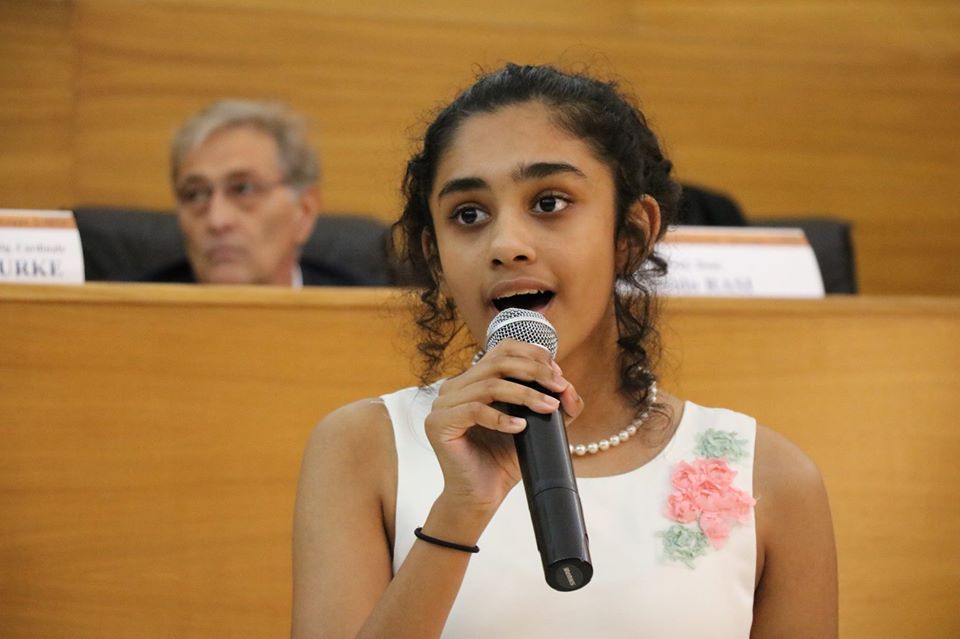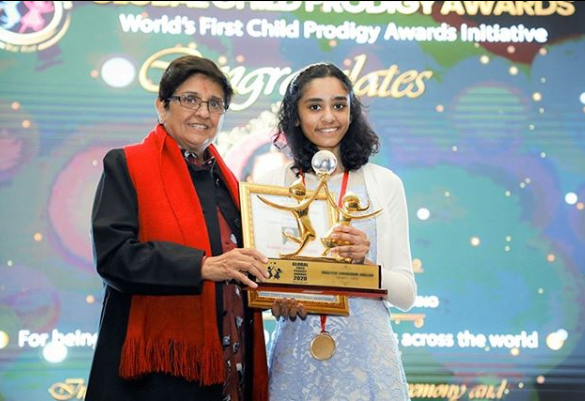(June 11, 2023) “I want to finish my Ph.D. by the time I get my driver’s license,” says a ten-year-old Tanishq Mathew Abraham, who began college at the age of seven. And now at 19, he has become one of the world’s youngest Ph.D. holders as he graduates from the University of California, Davis on June 15. For someone who began community college at the age of seven, Tanishq embarked on an academic path that defied conventional norms.
A huge congratulations to @iScienceLuvr on another incredible achievement!
We have been following him along his whole academic journey at UC Davis and are so proud of him. 🎉#UCDavisGrad https://t.co/PumuzaJtjO
— UC Davis (@ucdavis) June 7, 2023
Born to Dr. Taji Abraham, a veterinarian researcher, and Bijou Abraham, a software engineer in Sacramento, the Indian American was always fascinated by books. As young as four, he started devouring library books on dinosaurs and space as it was something that fascinated him. And when he ran out of books to read, he started googling. One such search landed him at UC Berkley’s Palaeontology Museum. Unable to curtail his excitement, he went to the museum to hear a paleontologist speak. “I sat on the front row as an excited 6-year-old waiting for a magic show to start and after the speech, I had questions so the speaker invited me to his office to speak more about his research and show me some of the fossils. I got a chance to hold 65 million old dinosaur bones,” the Global Indian revealed in a TEDx Talk.
After his first visit to UC Berkley, Tanishq was “infected with incurable learning virus.” He soon began searching for nearby colleges that might offer palaeontology classes. While he did end up finding one but was turned down because of his age. But this didn’t deter him. “By the time I was seven, middle and high school materials were boring for me, so I begged my parents to take me to college classes. After being turned down several times, my parents finally found a Geology professor who agreed to let me on his course. My mom took the class and I tagged along with her, sitting in the front row, soaking it all in,” he said.
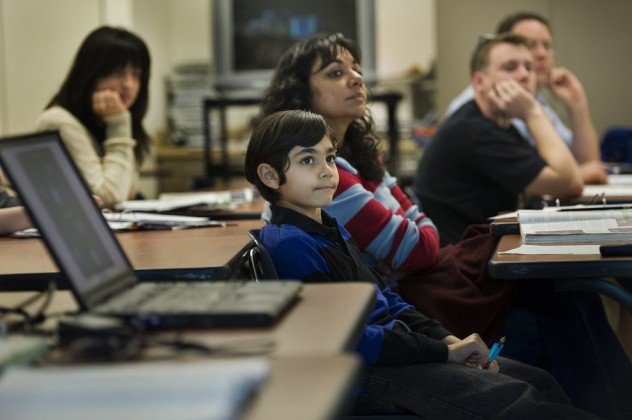
Tanishq attending classes with his mom
He took the exam along with his mom, and both scored an A, which convinced the professor of his abilities who persuaded the Dean of Counselling to let him take the next class for credit, as an advanced education student. “I got permission from my school principal and the dean. That was the beginning of college for me.” He credits his Geology profesasor for “being the angel in disguise” to get him started. He then enrolled in an Astronomy course along with his mom. “I was seven and my classmates thought that I was there because my mom couldn’t find a babysitter,” he smiled, adding, “Some were surprised when I would answer questions or join class discussions.”
After taking two on-campus courses, he switched to an online course during summer break. That very summer his astronomy professor proposed to start an astronomy club at American River College. “The next year I felt more confident, and at age eight, I took more courses and helped my Geology professor deliver a couple of lectures. We officially opened the astronomy club and I was the founding vice president. During that year, I was featured on a documentary show called Prodigies. After its release, people from across the world contacted me for my persistence and confidence and I was happy that at such a young age I was a role model to young and old students.”
By the time Tanishq turned 12, he had already amassed an impressive educational repertoire, which culminated in his acceptance into the prestigious University of California, Davis. While most children his age were navigating middle school, Tanishq was preparing to dive headfirst into the world of higher education. Undeterred by his young age, he pursued an undergraduate degree at the renowned institution, embarking on a remarkable academic odyssey. “When I started at seven taking college classes was just for fun. Later on, I decided to take on an associate degree in science and then transfer to a four-year university as an advanced education student,” added the teenager who graduated at the age of 14.
He possessed a deep-rooted curiosity about the world around him, leading him to explore various disciplines and fields of study. It was this interdisciplinary approach that laid the foundation for his groundbreaking research in the field of artificial intelligence (AI) and its application in medicine. As a testament to his visionary thinking, Tanishq founded MedARC, a medical AI research organisation focused on training foundation models for medicine. Recognising the immense potential of AI in revolutionising healthcare, Tanishq sought to harness its power by using generative AI in microscope viewing and the causes and effects of diseases. “I think we are now in the AI revolution, and I want to continue to be a part of it,” he said.
And now at 19, he is set to receive his Ph.D. His doctorate journey involved defending his dissertation which explored how medical professionals diagnose diseases and advanced algorithms that may enable doctors to make more accurate and timely diagnoses.
Very excited to share the news that I successfully defended my PhD research today! 🥳🎉
After 4 years 8 months in the @UCDavisGrad @UCDavisBMEGG graduate program,
I am now Dr. Tanishq Mathew Abraham (at 19 years old)!! pic.twitter.com/AbPc2C5Ee5
— Tanishq Mathew Abraham (@iScienceLuvr) May 12, 2023
Tanishq’s story serves as a beacon of hope for future generations, encouraging young minds to dare to dream big and challenge societal norms. It highlights the transformative power of education and the importance of nurturing young talent.


